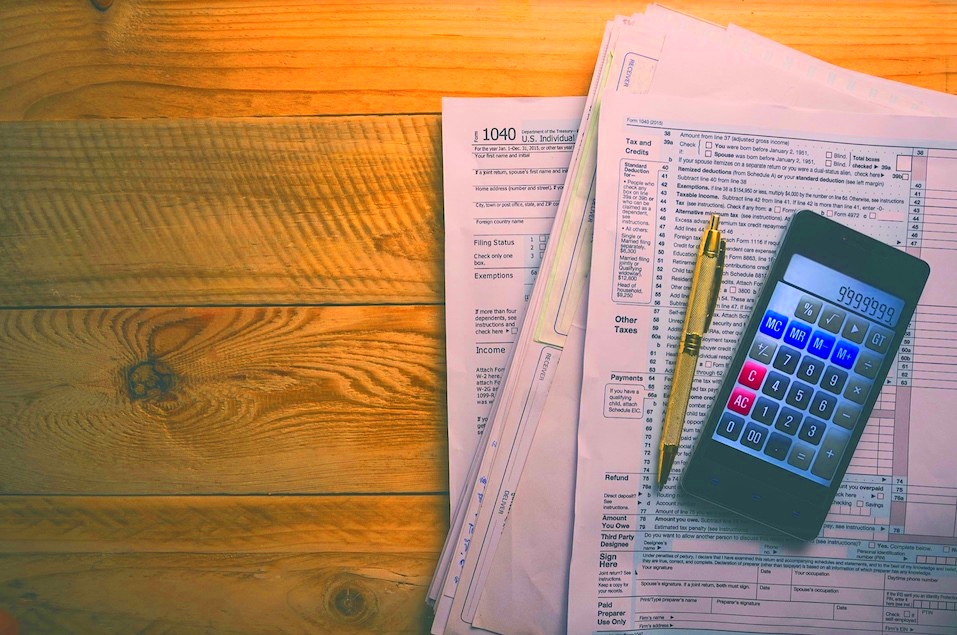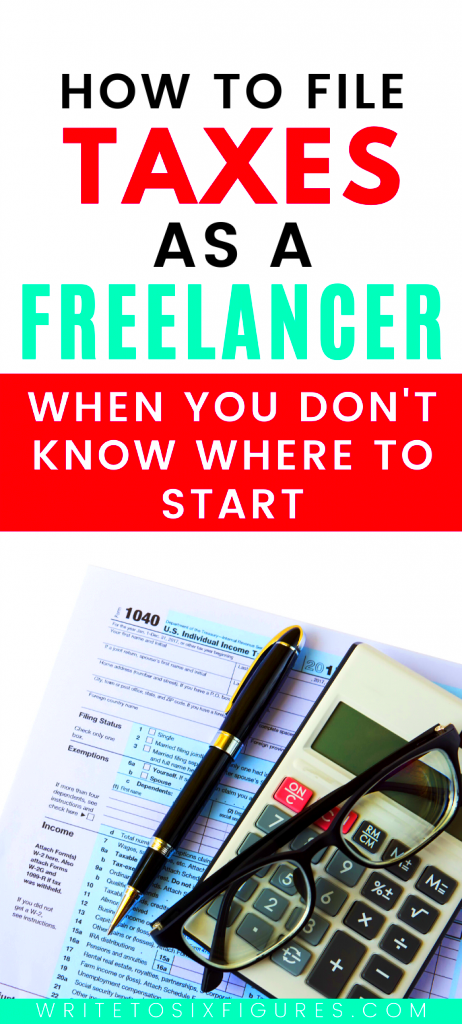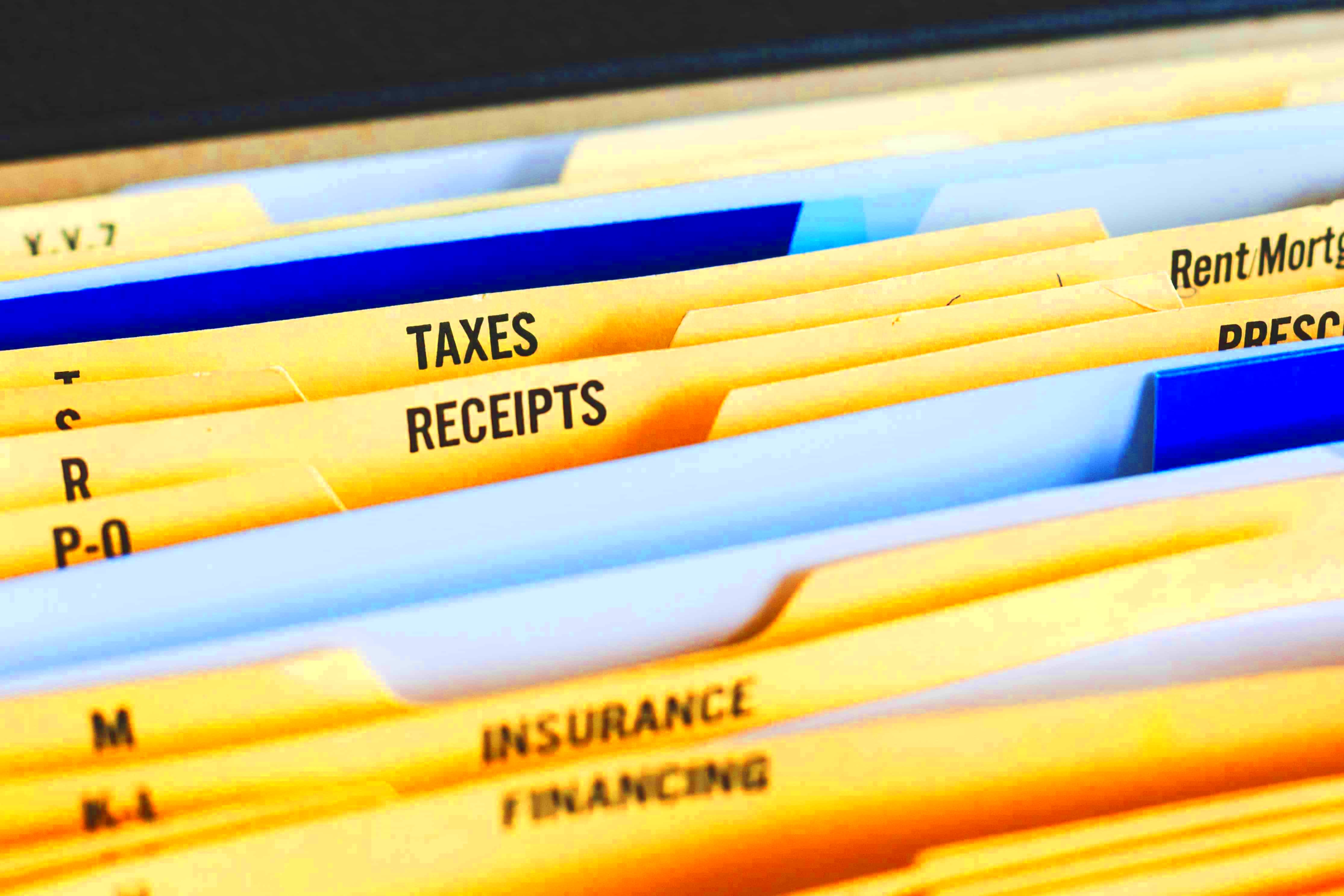Filing taxes as a freelancer can be a bit intimidating, especially if you’re new to the gig economy. Unlike traditional employees who have taxes automatically deducted from their paychecks, freelancers are responsible for managing their own taxes. This means you need to keep track of your income, expenses, and ensure that you're meeting your tax obligations on time. It’s essential to understand the basics of freelancing taxes, so you can avoid surprises come tax season and avoid penalties from the IRS.
Understanding Your Tax Obligations

As a freelancer, you’re considered self-employed by the IRS, which comes with certain tax obligations. Here's a quick breakdown of the key things you need to know:
- Self-Employment Tax: This includes Social Security and Medicare taxes, which typically are split between the employee and employer in traditional jobs. As a freelancer, you're responsible for paying the full 15.3% rate on your net earnings.
- Income Tax: You must report all the income you make from your freelancing work, and this will be taxed based on your total earnings. Depending on how much you earn, you may fall into a different tax bracket.
- Estimated Taxes: Since you don't have an employer withholding taxes for you, you’ll need to pay estimated quarterly taxes to avoid penalties. These are usually due in April, June, September, and January of the following year.
Understanding these basic obligations will help you plan ahead and avoid surprises when it’s time to file your taxes.
Also Read This: How Much to Charge as a Freelance Copywriter
Tracking Your Income and Expenses

One of the most important aspects of freelancing is keeping accurate records of your income and expenses. This will help you determine how much tax you owe and make the filing process smoother. Here’s how you can stay on top of your finances:
- Track All Your Income: Keep a record of every payment you receive. You can do this by saving invoices or using an accounting software tool that can automatically track your payments.
- Document Your Expenses: Freelancers can deduct a variety of business expenses from their taxes. This includes things like office supplies, equipment, software subscriptions, and even a portion of your home rent if you have a home office.
- Separate Personal and Business Finances: It’s crucial to have a separate bank account for your freelance business to make tracking easier. This will help you avoid mixing up personal and business expenses, which can lead to confusion during tax season.
By staying organized and tracking your income and expenses regularly, you can ensure that you’re maximizing deductions and staying prepared for tax filing.
Also Read This: Can I Post My Instagram on Fiverr? Exploring the Possibilities
Types of Taxes Freelancers Need to Pay

As a freelancer, you may be surprised to learn that you’re responsible for several different types of taxes. Unlike traditional employees, freelancers are responsible for covering both the employer and employee portions of some taxes. Here’s a breakdown of the main taxes you’ll need to pay:
- Self-Employment Tax: As a freelancer, you’re required to pay self-employment tax, which includes Social Security and Medicare. This tax rate is 15.3% on your net earnings, which is higher than what traditional employees pay.
- Income Tax: Just like any other worker, you’ll need to pay income tax on your earnings. The rate will depend on your total income and tax bracket. This tax covers federal income tax, and if you live in certain states, you may also have to pay state income taxes.
- State and Local Taxes: Depending on where you live, you may need to pay state and local income taxes. Some states have high tax rates, while others have no state income tax at all, so it’s important to know your state’s rules.
- Sales Tax (for specific services or products): If you're selling products or certain services, you may need to collect sales tax. This varies by state and the type of service you offer, so check with your state’s department of revenue.
By knowing what types of taxes apply to your freelancing business, you can stay ahead of your obligations and avoid any penalties.
Also Read This: Understanding Impressions and Clicks on Fiverr: A Comprehensive Guide
Common Tax Deductions for Freelancers

As a freelancer, you’re allowed to deduct certain business expenses to reduce your taxable income. These deductions can help lower your tax bill significantly. Here are some common tax deductions freelancers can claim:
- Home Office Deduction: If you work from home, you can deduct a portion of your rent or mortgage, utilities, and other home-related expenses based on the size of your office.
- Business Equipment and Supplies: You can deduct the cost of purchasing business-related equipment such as computers, phones, printers, and office supplies. If the item is used for both personal and business purposes, you can deduct a percentage of the cost.
- Software and Subscriptions: Many freelancers use software tools for accounting, design, marketing, and communication. The costs of software subscriptions are deductible as long as they are used for business purposes.
- Travel and Meals: If you travel for business, you can deduct your travel expenses such as airfare, lodging, and meals. Keep in mind, meals are typically only 50% deductible.
- Education and Training: Expenses for courses, seminars, books, or other learning materials related to your business are deductible as well.
- Health Insurance: Freelancers can deduct the cost of health insurance premiums, especially if they are self-employed and not eligible for a spouse's employer-sponsored health plan.
Make sure to keep detailed records and receipts for all your expenses, as the IRS may ask for proof during an audit.
Also Read This: How to Start on Fiverr: A Step-by-Step Guide
Filing Your Tax Returns as a Freelancer
Filing taxes as a freelancer is a little different than filing as an employee, but with proper preparation, the process doesn’t have to be overwhelming. Here's a step-by-step guide to filing your tax return:
- Gather Your Records: Before you start, collect all your income records, such as 1099 forms or invoices. You’ll also need your expense records to claim deductions.
- Calculate Your Net Income: Subtract your business expenses from your total income to determine your net income. This is the amount that will be taxed.
- Fill Out the Right Forms: Freelancers typically need to file a Form 1040 along with a Schedule C to report income and expenses. You may also need to file a Schedule SE to calculate your self-employment tax.
- Pay Your Estimated Taxes: If you haven’t paid quarterly estimated taxes, you may owe additional taxes when you file your return. Make sure to pay on time to avoid penalties.
- Consider Using Tax Software or Hiring a Professional: Filing taxes as a freelancer can be complicated, so consider using tax software or working with a tax professional who specializes in freelance taxes. They can help you navigate the forms and deductions, ensuring that everything is filed correctly.
Remember, filing taxes as a freelancer requires some planning and organization, but staying on top of your paperwork throughout the year will make the process much easier come tax time.
Also Read This: How to Do Email Marketing on Fiverr
Tips for Staying Organized and Avoiding Mistakes
Staying organized is key when you're managing your taxes as a freelancer. The more organized you are, the easier it will be to file your taxes accurately and avoid mistakes that could lead to penalties. Here are some tips to help you stay on track:
- Use Accounting Software: Tools like QuickBooks, FreshBooks, or Wave can help you track income, expenses, and generate tax-ready reports. These tools can save you time and reduce errors when it’s time to file your taxes.
- Separate Personal and Business Finances: Open a separate bank account for your freelancing income and expenses. This makes it easier to keep track of what’s deductible and helps prevent mixing up personal and business finances.
- Set Aside Money for Taxes: Freelancers are responsible for paying their own taxes, so it’s a good idea to set aside a portion of each payment you receive. Many freelancers set aside 25-30% of their income for taxes to avoid surprises later.
- Track Expenses Regularly: Instead of waiting until the end of the year to track your business expenses, try to update your records monthly. This will help you stay organized and ensure you don’t miss any deductible expenses.
- Keep All Receipts: Whether it's for a business meal, travel, or office supplies, save all receipts. Even if you use digital records or accounting software, having physical copies can be useful in case of an audit.
By following these tips, you can make your tax season much smoother and reduce the chance of errors that could lead to fines or missed deductions.
Also Read This: How to Find Jobs on Fiverr: A Comprehensive Guide
FAQ About Freelancer Taxes
When it comes to taxes, freelancers often have a lot of questions. Here are some common ones:
- Do freelancers pay more taxes than employees? Yes, freelancers generally pay more taxes because they are responsible for both the employee and employer portions of Social Security and Medicare taxes (self-employment tax). However, freelancers can deduct certain business expenses to help offset this burden.
- What if I don't make enough to file taxes? Even if you don’t make a lot, you may still be required to file a tax return, especially if your net income exceeds $400. Filing taxes is also necessary to avoid penalties for underreporting income.
- How can I reduce my taxes as a freelancer? By keeping track of deductible expenses like home office costs, business-related travel, and equipment, you can reduce your taxable income. Additionally, contributing to a retirement plan like a SEP IRA can help lower your tax bill.
- Do I need to file quarterly taxes? Yes, if you expect to owe more than $1,000 in taxes, the IRS requires you to pay quarterly estimated taxes. These payments are due in April, June, September, and January of the following year.
- What happens if I make a mistake on my taxes? If you realize you made a mistake on your tax return after filing, you can file an amended return. It’s important to correct any errors as soon as possible to avoid penalties or interest charges.
These are just a few questions freelancers have about taxes. If you have more specific concerns, it’s a good idea to consult a tax professional.
Conclusion: Key Takeaways for Freelancers
Filing taxes as a freelancer can feel overwhelming at first, but with the right approach, it becomes much more manageable. Here are some key takeaways to keep in mind:
- Know Your Tax Obligations: Understand that freelancers are responsible for both income tax and self-employment tax. Be aware of quarterly tax deadlines to avoid penalties.
- Keep Detailed Records: Track all income and expenses throughout the year. Use accounting software or a dedicated system to stay organized and make tax time easier.
- Maximize Your Deductions: Take advantage of tax deductions available to freelancers, such as home office expenses, business equipment, and software subscriptions, to reduce your taxable income.
- Set Aside Money for Taxes: Set aside a portion of each payment for taxes so you’re not caught off guard when it’s time to file.
- Consider Professional Help: If tax filing seems complicated, consider hiring a tax professional who specializes in freelancers. They can help you navigate complex forms and ensure you’re filing correctly.
With proper planning and organization, you can confidently file your taxes and avoid costly mistakes. Staying on top of your finances and understanding your responsibilities will help you keep more of your hard-earned money in your pocket.




